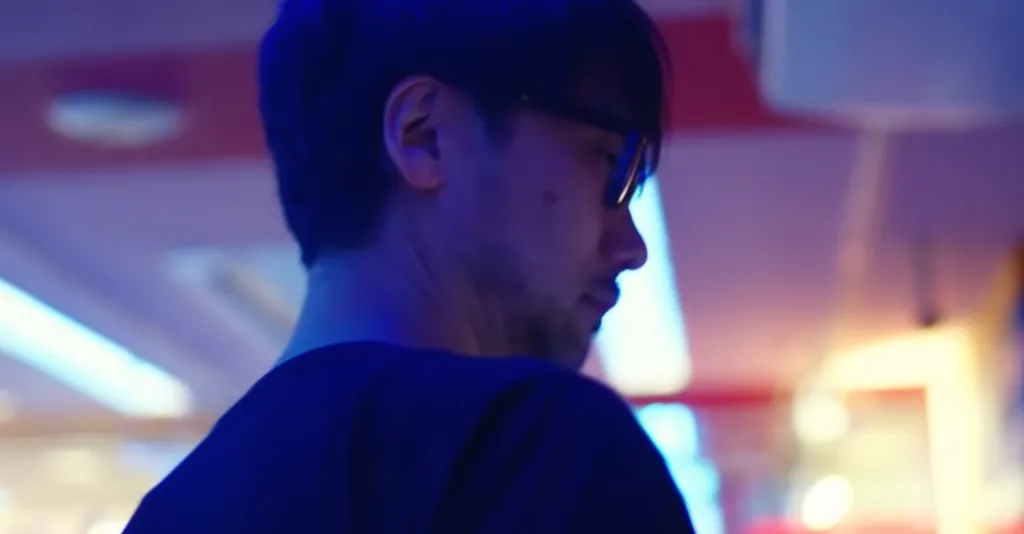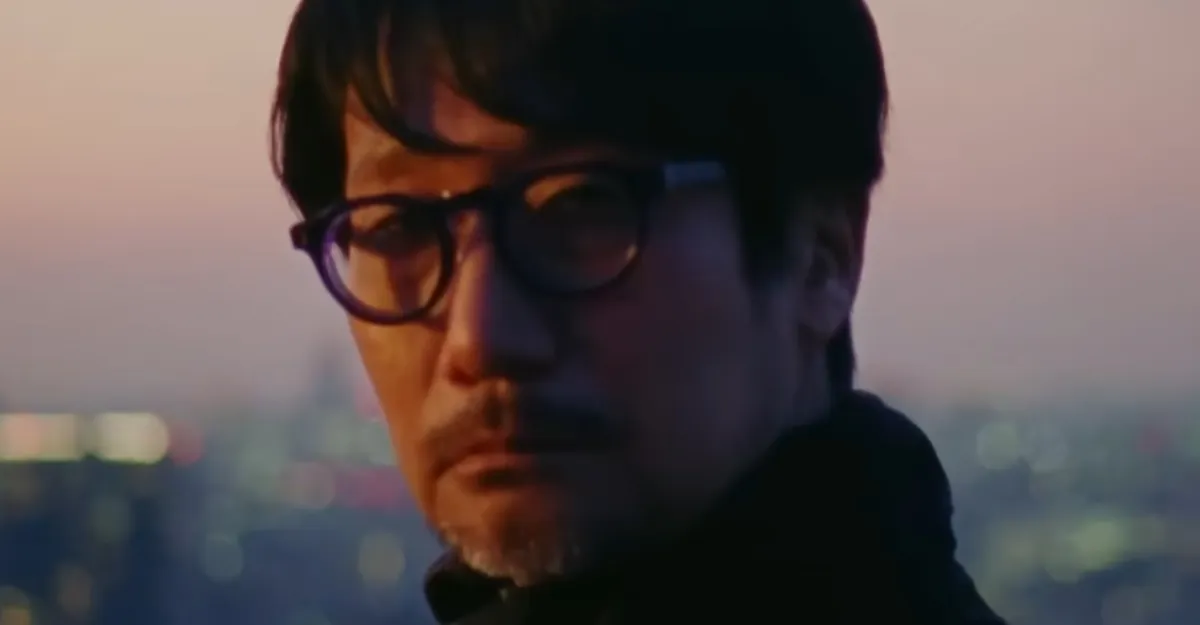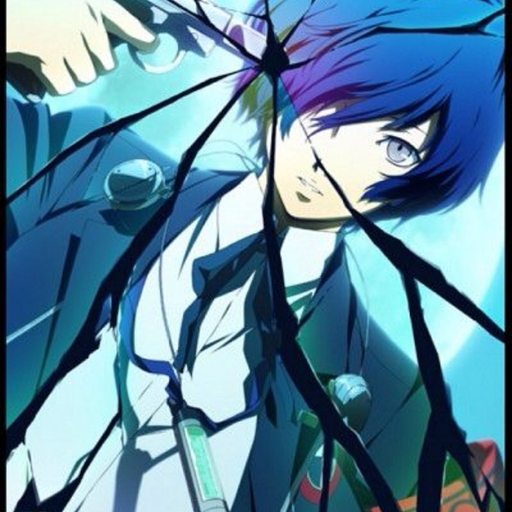Announced only a few weeks ago, Hideo Kojima: Connecting Worlds is a documentary examining famed video game creator Hideo Kojima and his efforts to establish his own original studio, Kojima Productions, following Kojima’s public falling out with Konami. The documentary premiered at the Tribeca Film Festival and was described as being “a journey into the creative mind of the most iconic video game designer in the world.” Whether or not you agree that Kojima deserves that status, I don’t think many people will dispute that the man’s career is worthy of examination.
If you’re going into Connecting Worlds expecting a comprehensive look at Hideo Kojima’s career that spans from the MSX to Death Stranding, the documentary outright states that isn’t its focus. Outside of maybe a single reference to Policenauts and Metal Gear Solid, viewers are mostly going to see the legacy left by these franchises insomuch as how they influence Kojima’s design philosophy. The documentary isn’t even a look at the struggles of establishing an independent gaming studio, as much as the trailer may make it seem like that’s the case. Instead, this is an hour-long advertisement for his 2019 game, Death Stranding, the game that he was developing during the documentary. It should also come as no surprise that the PlayStation Studios logo is one of the first things you see, driving home that this is basically a marketing tool for Death Stranding and its upcoming sequel.
That makes sense given that Death Stranding was Kojima Productions’ first game, but that also means your mileage of the documentary is going to vary significantly based on your thoughts on Death Stranding. There are some people that love the game to pieces and will die on that hill. Then you have those who find the game overindulgent, tedious, and convoluted to the point of aggravation. It sold well, enough to warrant a sequel and a movie, but it’s not a game that’s as universally beloved as any of the Metal Gear Solid games. I personally tend to agree with the critics of the game. I’ve never been a fan of Death Stranding, and after I beat it, despite how nice the soundtrack and the performances were, I was perfectly fine never playing it again for the rest of my life. It’s not a bad game, but it’s one that has all of Kojima’s eccentricities turned up to 11.
So when Connecting Worlds goes into all of the nuances present in the game and Kojima explains the themes he wanted to include, all I can do is roll my eyes at them. There’s a pervading sense throughout the documentary that Kojima is enabled by the people around him. There is no criticism of Kojima’s works, no struggles or trials that he has to overcome. He’s just perfect and the documentary wants everyone to know how perfect he is.
One of Kojima’s closest allies in the gaming space, Geoff Keighley, comments in the documentary how Kojima tried to pitch a game to publishers without actually pitching it, instead asking studios for money up front and then giving them a concept later. Keighley remarks how in any other company such a move would be ludicrous, but somehow when Kojima does it, it’s brilliant. That aside alone makes Kojima look somewhat unfavorable. It doesn’t offer up any insight as to why when Kojima does it it’s considered avant-garde. We just have to accept it.
There’s a rotating lineup of Kojima collaborators who all support and bolster Kojima’s image. Some of them are well-known friends of Kojima, like Keighley, director Guillermo del Toro, and actors Troy Baker and Norman Reedus, while others are less obvious choices, like director George Miller and mangaka Mamoru Oshii. I had to research why some of these odder choices appeared and it often was due to some obscure bit of trivia related to Death Stranding’s development, which detracted from the point they were trying to make. No matter who they were, all of them say the same basic thing — Hideo Kojima is an auteur and is a genius at what he does. To say that Connecting Worlds deifies Kojima would be an understatement.

Obviously, there is truth in the idea that he’s a genius. Hideo Kojima is a singular creator and has made some games that are unlike anything else in the medium. But the documentary seems insecure in that knowledge and tries to force that perspective onto you. Even then, from a purely conceptual level, Connecting Worlds doesn’t talk extensively about the struggles that Kojima faced in establishing Kojima Productions. In reality, only the first 10 minutes of this hour-long documentary actually talk about his struggles and fears being on his own.
The best moment in Connecting Worlds is in a brief interview with Kojima, away from all of the pomp and bluster of his pals. He confides in the camera that he felt a ton of pressure to make sure that his first game was a success. He contrasted his role at Kojima Productions to his position at Konami. He said that if one of his games underperformed at Konami, his staff may be moved to a different department, but they would still have a job at Konami. But now, if his games underperformed, the studio could be shut down and all of his employees would lose their job. That’s the kind of insight that’s fascinating to me. I wanted to see Hideo Kojima the human, the person who worries about the well-being of himself and his company, not this self-aggrandizing, borderline narcissistic reel.
But the greatest sin that Connecting Worlds makes is that it’s just dull. Between people praising Kojima and Kojima explaining the themes of Death Stranding, there’s little to keep viewers hooked. We see Kojima stoically look out windows or at paintings and occasionally get some visual flair with animated sequences of his early life. Even then, those moments are too infrequent and rarely relate to the main crux of the documentary to be anything worth analyzing and evaluating.
Hideo Kojima: Connecting Worlds is the kind of documentary that is solely aimed at fans of Kojima himself or of Death Stranding. Even then, it’s not going to offer up anything new that those already familiar with him wouldn’t already know. And those who are unfamiliar with Kojima or his work will probably walk away somewhat confused why so many people are gushing over him and if Death Stranding is even good. This is more of an advertisement than a documentary. It’s a vanity project meant to reaffirm to gamers who already think that Kojima is great why he’s great and serve as yet another example for his detractors of why they don’t like him.






Published: Jun 22, 2023 11:00 am